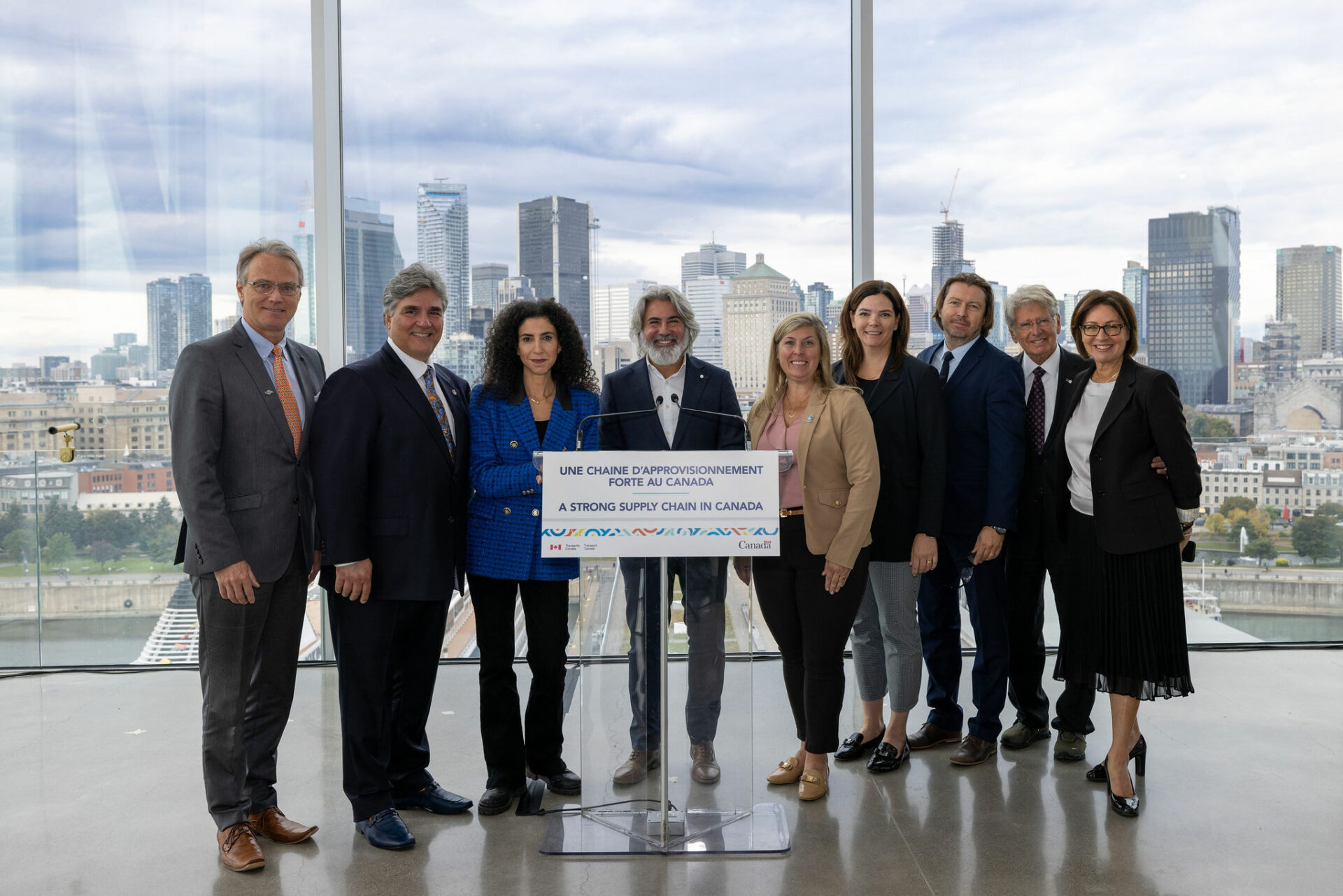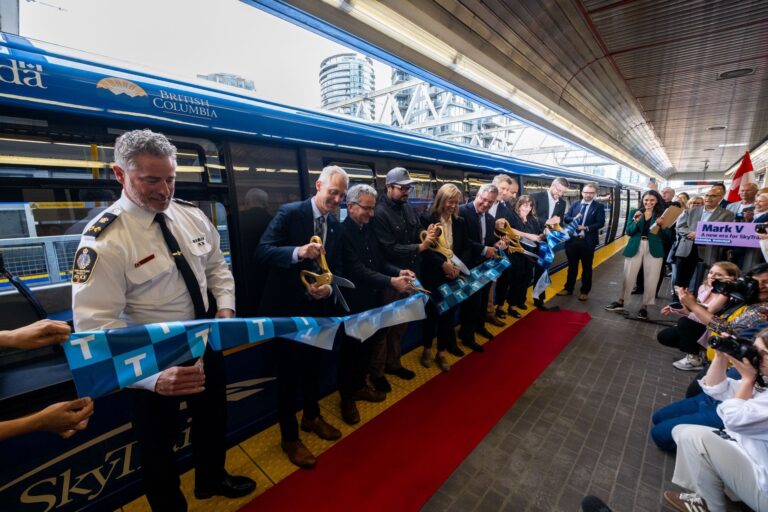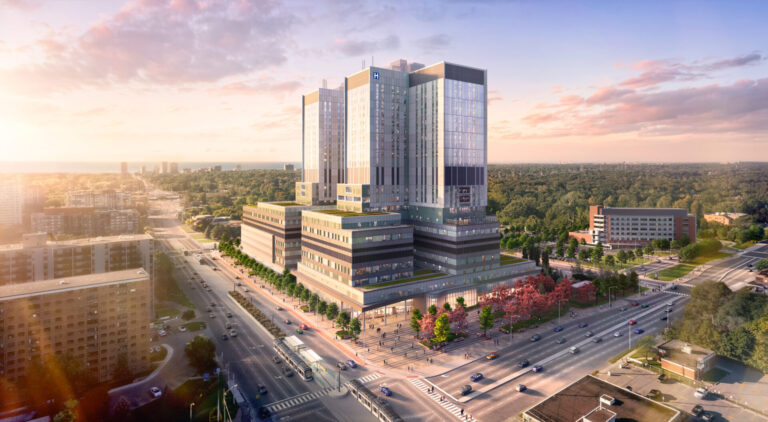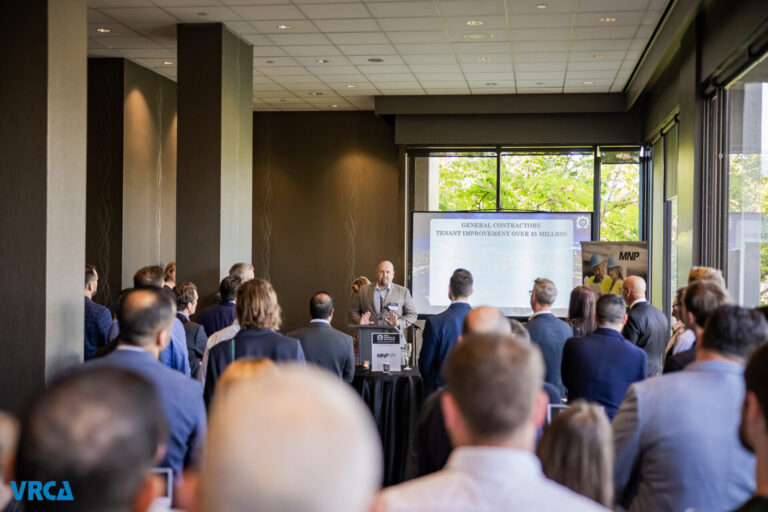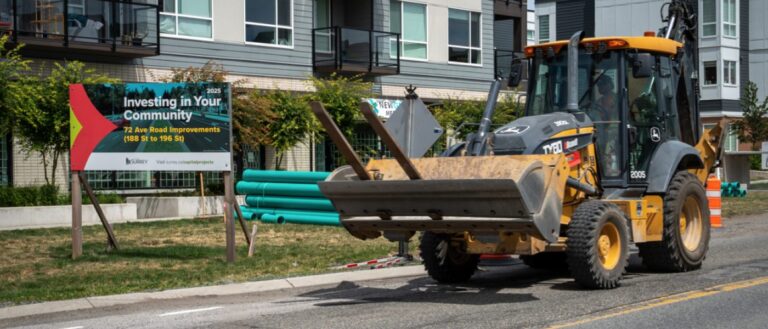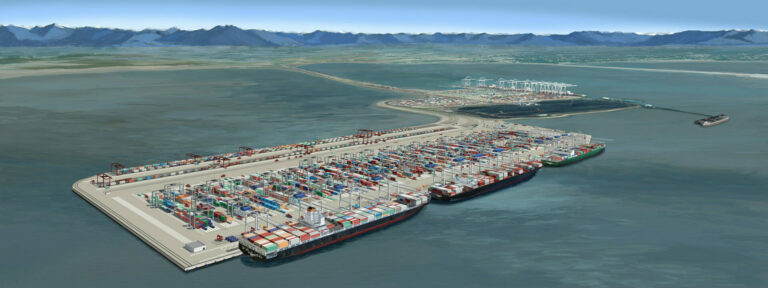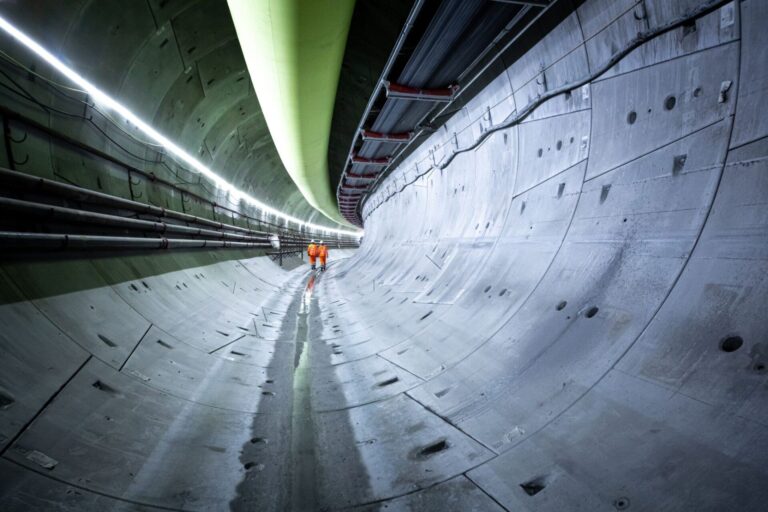Transport Canada announced an investment of up to $150 million under the National Trade Corridors Fund to build a new container terminal for the Montréal Port Authority within the city of Contrecoeur, Québec.
The new terminal would increase the Port of Montréal’s container capacity to meet the growing need for cargo transportation and help maintain the fluidity of the Port’s operations. The construction for the new terminal will include:
- a 675 metre-long dock, including the approach area for ships;
- a rail network connecting to the existing Canadian National Railway (CN) tracks, including a railway transfer point and freight transfer hub;
- road access to connect the terminal to the public network;
- a container handling yard; and
- operations and administrative buildings.
“The Port of Montreal is an economic driver for the province of Quebec and Montreal, and a key element of our national supply chain. By supporting the Port in its expansion project in Contrecœur, we continue our efforts to strengthen Canada’s supply chain. This is important so that we never again have to go through product shortages like we experienced during the pandemic, or the significant price increases that came along with them,” said Pablo Rodriguez, Minister of Transport.
“In the name of the Montreal Port Authority, I would like to thank the federal government for its invaluable financial support to our large expansion project in Contrecoeur, a structuring investment for the economic resilience of the St. Lawrence-Great Lakes corridor which will be beneficial for all of Canada. This concrete action reflects the government’s confidence and allows us to consolidate this project at a critical stage in its development,” said Geneviève Deschamps, interim president and CEO, Montréal Port Authority.
The financial support from the federal government will enable the MPA to implement a new delivery model for the major expansion project on Montreal’s South Shore. Under the MPA’s new approach, the MPA will be taking over some of the responsibilities for carrying out the project and cancels the current call for tenders to opt for a more agile approach. Work on the future terminal will be carried out in hybrid mode:
- Marine works will be entirely carried out by the MPA. The MPA will act as prime contractor for this phase, which includes dock construction and dredging work. Project planning will use a Design-Build approach (“DB model”) with a specialized firm assisting the MPA for the next 9 to 12 months. At the end of this phase, the MPA will assign the project works according to its procurement processes, and will present an updated schedule for this component of the project works.
- Land site works and operations will be carried out with a private partner. The MPA will issue a Request for Proposals in early 2024 to select a private partner to build the terminal (container yard, buildings, facilities and rail connection). This private partner will also operate and maintain the terminal under a DBFOM (Design-Build-Finance-Operate-Maintain). The water-based project works mentioned above are excluded from this component.
As a result, the DBFOM procurement process launched in November 2021, which included both the terminal’s construction work (marine and land site) and its operation, has been cancelled to make way for this new method to successfully carry out the project that is better suited to today’s reality. Discussions with the bidders did not lead to a result deemed satisfactory by the MPA after factoring in market trends, including interest rates and inflation, between the time the Request for Qualifications began in 2021 to today.
“MPA teams are continuing their rigorous planning on the Port of Montreal’s major Contrecœur expansion project that is so crucial to keeping supply chains resilient. The new procurement process put forward will enable us to control risks, project works and costs more effectively in the current context,” said Deschamps.
Featured image: (Port of Montreal)

